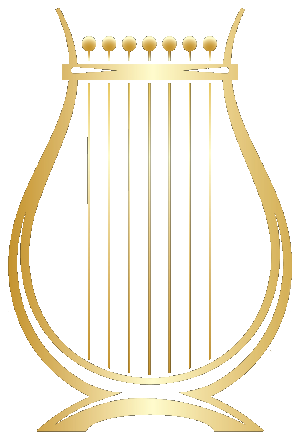CARING FOR YOUR PIANO
1. HAVE YOUR PIANO TUNED REGULARLY
The recommended interval between tunings for normal domestic environments (private dwellings) is to have your piano tuned every 6 months. However, continual and/or heavy use will cause your piano to go out of tune more quickly and to need tuning more frequently.
It’s also worth bearing in mind that even if the piano sounds in tune when playing solo, it may have dropped below concert pitch (A=440Hz).
2. KEEP YOUR PIANO TUNED TO THE CORRECT PITCH (measured in Hertz (Hz))
Most modern pianos and many older pianos are designed to be tuned to A=440Hz (commonly referred to as “concert pitch”) and this is the pitch to which we would normally tune your piano.
However, occasionally, for various reasons clients may require alternative pitch settings.
We can tune your piano to any desired pitch, unless, in our professional opinion, to do so would be detrimental to the piano, in which case, we would strongly advice against such a course of action.
